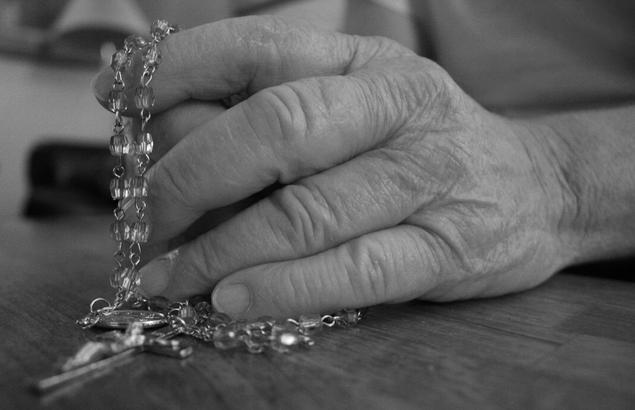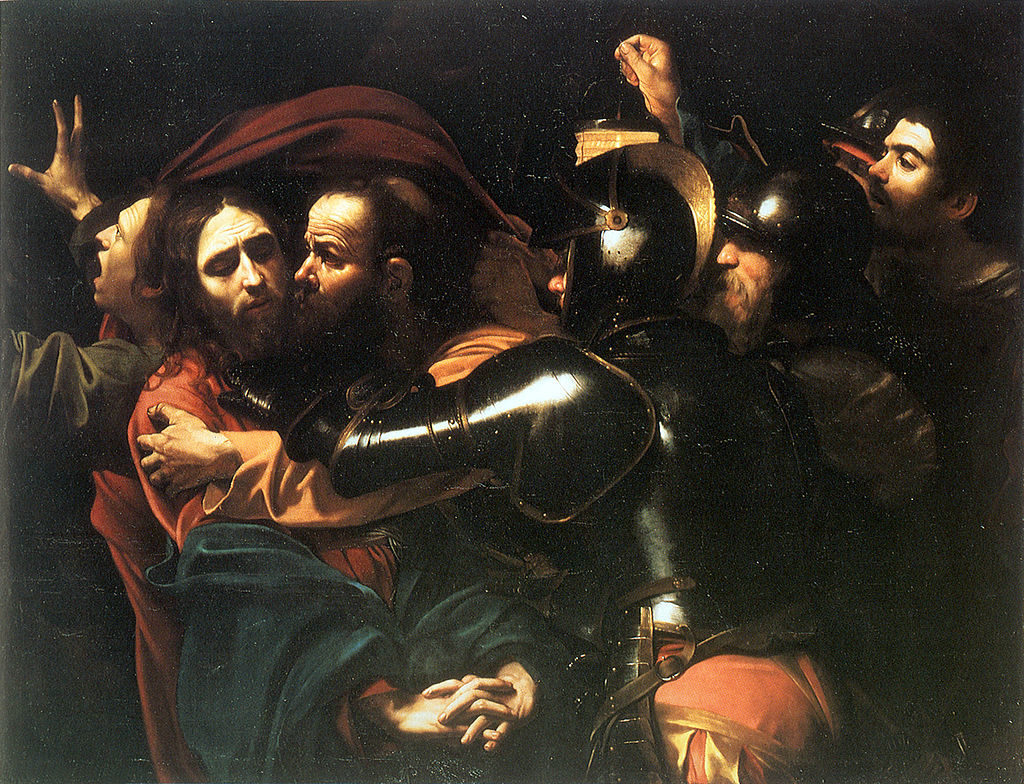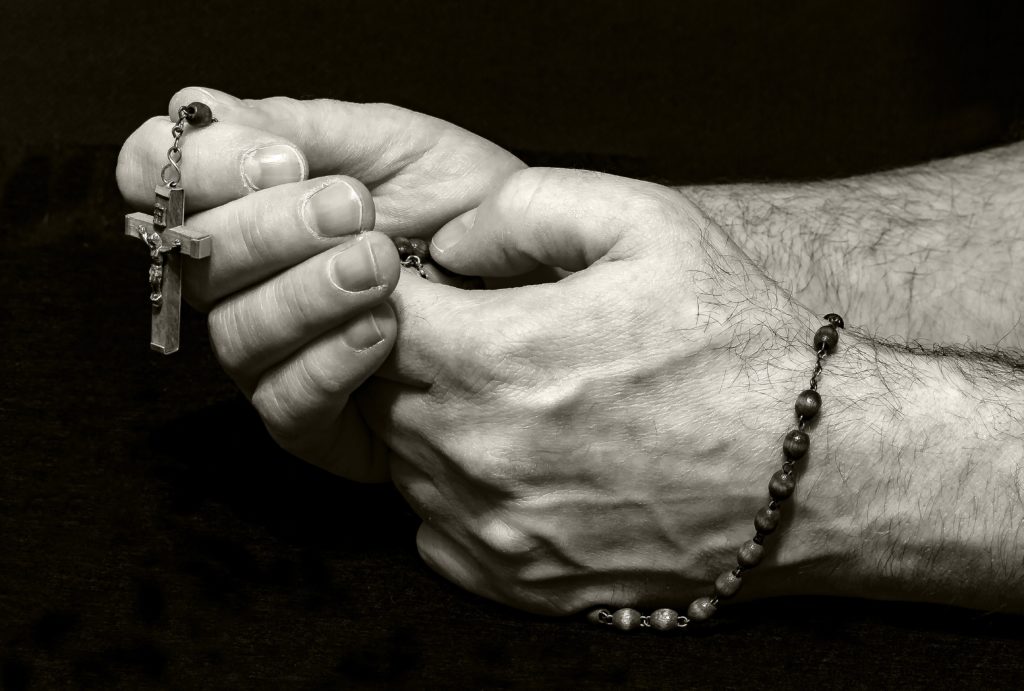How the Rosary Helps Us Avoid “Everlasting Sin”
“’Amen, I say to you, all sins and all blasphemies that people utter will be forgiven them. But whoever blasphemes against the Holy Spirit will never have forgiveness, but is guilty of an everlasting sin.’” This passage from the Gospel of Mark confused me until recently. We talk about an all loving and merciful […]
How the Rosary Helps Us Avoid “Everlasting Sin” Read More »










